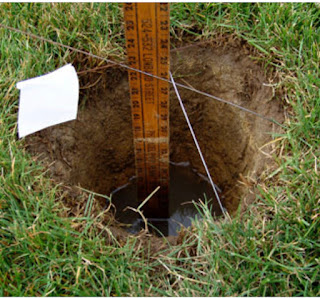SEPTIC SYSTEM 101 (General info on your septic system)

Septic system 101 -- class is in session! Over the past 10 years we have more and more people moving to locations where their homes require their own wastewater treatment system. Though this isn't typically the first thing new homeowners like to think about (where does the poo go? probably isn't on your mind...) it is important to understand. Living on septic isn't rocket science, but it is different than living in town on city sewer. As I have stated before in previous posts/blogs/articles, so many people don’t really know how their wastewater systems work. Because they don’t know how they work, they don’t understand simple “dos” and “don’ts” of a septic system. I totally get it! Until I got brought into this business I never pondered what happened every time I flushed. I doubt you do either. However, when it comes to your own on-site wastewater system (i.e. septic systems) if you don’t ponder it just a little bit, it can lead to big, messy, gross, disgusting,


